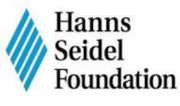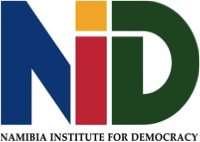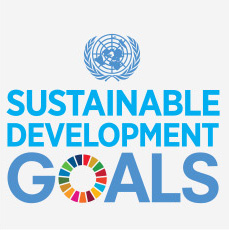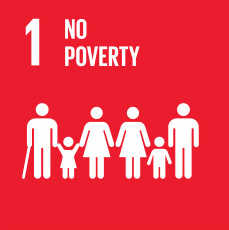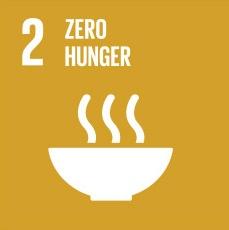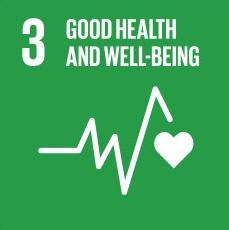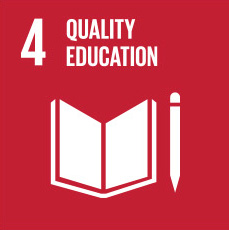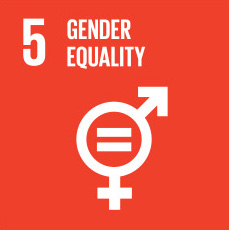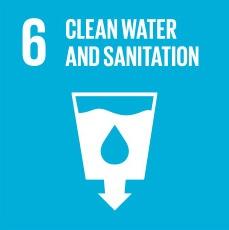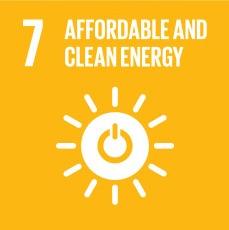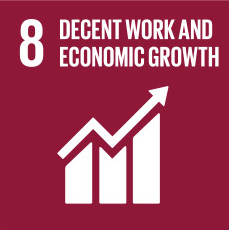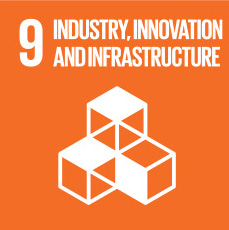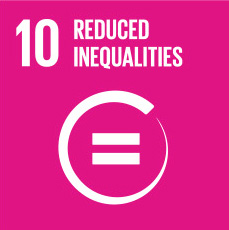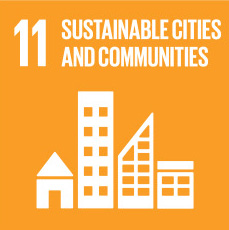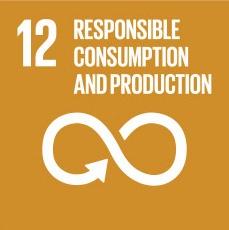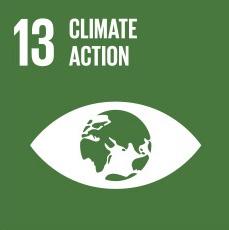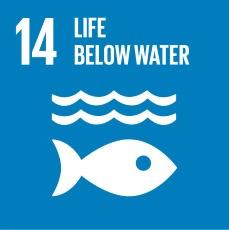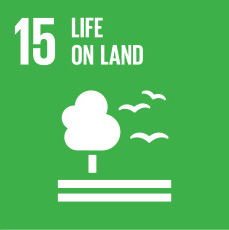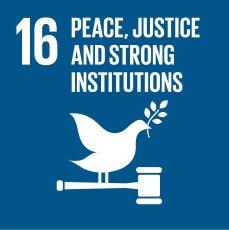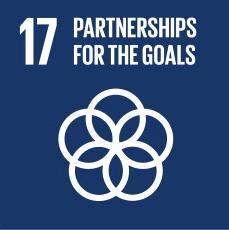POLITICAL PARTY CAPACITY BUILDING PROGRAMME (PPCBP)
Political parties are essential building blocks of a democratic political system. Without political parties, democracy cannot function. They give voters a selection of represantatives and policies to choose from. In Namibia, the choice between political parties during elections is a relatively wide range with 16 political parties contesting. In order for elections to be meaningful and offer a real choice for voters, political parties that participate in elections should be able to compete in a healthy manner. In order to achieve this, a number of ingredients are necessary, such as:
- active membership
- inner-party democracy
- sound internal administration
- vibrant forums for policy formulation
- a media and communication strategy
- short and long-term plans and strategies for party growth
- fundraising knowledge and experience
- long-term approaches in election campaigning
Yet, some of these factors remain a challenge amongst many political parties in Namibia as low levels of institutional capacity and technical knowledge about internal and external management can be observed.
Aims and objectives of the PPCBP
For this reason, the NID and the Hanns-Seidel-Foundation (HSF) initiated a cooperative programme that aims to enhance leadership abilities through developing the knowledge, attitudes, skills and behaviour of individuals who are members of political parties. Thus, the participants will be enabled to ensure the optimal development of the organisational needs of their political parties and guide them on the way forward. The PPCBP will strengthen the institutional and operational capacities of all registered political parties to ensure that parties possess the necessary technical capacity to meaningfully operate in a multi-party political system. In 2016, the focus is to transform political party leaders. The activities for 2016 will be targeted at members that are active in political parties and the programme consists of the following:
1.) Training Workshops outlining 2 topics
- Transformational Leadership in Political Parties (March & April). This workshop introduces participants to the notions of leadership, particularly focusing on ethics and how to transform political party members into ensuring a functional and effective political party.
- Accountable Governance of Democratic Institutions (June & July). This workshop introduces participants to the apparatus of the state and to vital state and non-state institutions.
2.) Mentorship Programme (Feb-Nov)
The purpose of the mentorship programme is to track the personal development of participants in order to ensure that their growth is monitored and guided. Each participant will personally engage with the NID on 3 occasions to share their ambitions. The NID will provide the necessary guidance to the participant. In addition, each participant will be provided with a mentor within their political party. The mentorship programme is important for participants to strengthen their bond with experienced political party members in order to gain greater insight. This strengthens the continuous capacity of political party members as their development is aided by another political party member that has experience.
3.) Final Open House (October)
At the first workshop, participants will be tasked to identify a challenge within their political party, and throughout the course they will have to develop and provide a solution. At the end of the year, participants will be tasked to present their solutions on display, and the public will be invited to open house to view these solutions. In addition, a panel disucssion will take place between the participants, mentors and implementers to explore the challenges and successes of the programme.
